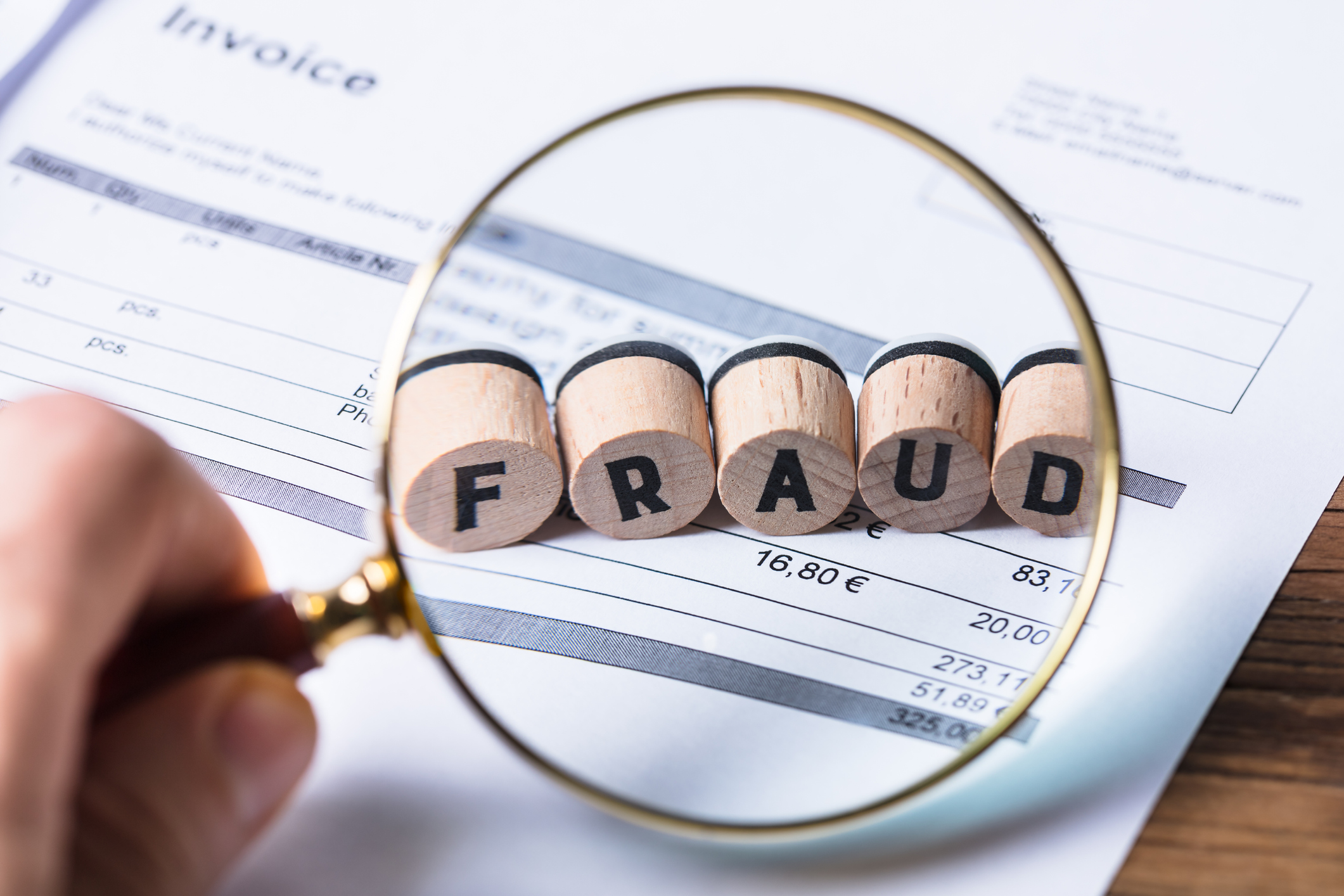ART. 1338. There is fraud when, through insidious words or machinations of one of the contracting parties, the other is induced to enter into a contract which, without them, he would not have agreed to. (1269)
 There is fraud if the following elements are present:
There is fraud if the following elements are present:a) it is made in bad faith;
b) one party employed fraud or insidious words or machinations;
c) due to fraud, the other party is induced to enter into a contract;
d) the other party suffered damage or injury;
e) it must be serious; and
f) it must have been employed by one contracting party upon the other and not employed by both contracting parties nor by third persons.
In Article 1339, failure to disclose facts, when there is a duty to reveal them, as when the parties are bound by confidential relations, constitutes fraud. A neglect or failure to communicate that which a party to a contract knows and ought to communicate constitutes concealment. In this case, concealment is equivalent to misrepresentation.[1] Silence or concealment by itself does not constitute fraud. The concealment contemplated in Article 1339 presupposes a purpose or design to hide facts which the other party ought to know.[2]
Moreover, there are two kinds of fraud. Dolo causante or causal fraud refers to those deceptions or misrepresentations of a serious character employed by one party and without which the other party would not have entered into the contract. The fraud must be that which determines or is the essential cause of the contract.[3] The fraud contemplated in Article 1338 and mentioned in Article 1330 is causal fraud involving the use of deceit or deception. It must be distinguished from the fraud dealt with in Article 1170.[4] Dolo causante renders the contract voidable. On the other hand, Dolo incidente or incidental fraud refers to those deceptions or misrepresentations which are not serious in character and without which the other party would have still entered into the contract.[5] Refers only to some particular or accident of the obligation.[6] Dolo incidente renders the party who induced the other, liable for damages.
For fraud to vitiate consent, it must be a causal fraud. It must be serious. Fraud is serious when it is sufficient to impress, or to lead an ordinarily prudent person into error; that which cannot deceive a prudent person cannot be a ground for nullity. The fraud must be proven by clear and convincing evidence and not merely by a preponderance thereof.[7]
[1] Insurance Code of 1978 [Pres. Decree No. 1460], Sec. 26.
[2] De Leon. (2014). Obligations and Contracts.
[3] Caram, Jr. vs. Laureta, 103 SCRA 7 (1981).
[4] Supra note 2.
[5] Article 1344, Civil Code.
[6] Tankeh v. DBP, G.R. No. 171428 (2013).
[7] ECE Realty v. Mandap, G.R. No. 196182 (2014).
